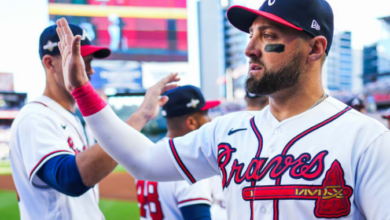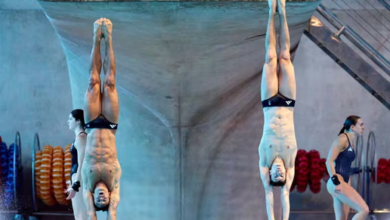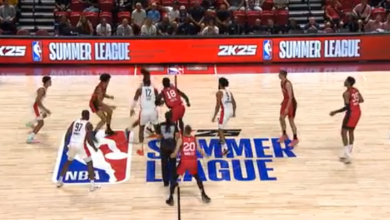5 Betting Mistakes to Avoid for Preakness Stakes

The Preakness Stakes, the middle jewel of the Triple Crown, is the shortest horse race of the three. It’s run over 1 3/16 miles, or nine furlongs, at Pimlico Race Course.
This horse race is essential as it’ll determine if there’s a potential Triple Crown winner for that year. A win at the Preakness Stakes means that the horse has won two out of three Triple Crown races.
The race is always held on the third Saturday in May, 2 weeks after the Derby and 3 weeks before the Belmont Stakes. So are you looking to bet on the Preakness Stakes? Then avoid these five betting mistakes.
Not Doing Your Research
It’s essential to know as much as you can about the horses running in the Preakness race. That means knowing their racing history, how they’ve been doing leading up to the Preakness Stakes, and if they have any injuries.
Knowing all of this information can help you make a more informed bet and could lead to you winning some money! Unfortunately, many bettors fail to do their homework on the horses and make bad bets.
Horse race bettors tend to get excited and overreact to a horse’s last race. So if a horse won its last race, bettors think it’s a sure thing and will bet accordingly. The problem is that you don’t know how the horse will do in the Preakness race.
The weather, track conditions, and the other horses in the field can all affect how a horse will run. Just because a horse won its last race doesn’t mean it will win the Preakness. So, do your homework and don’t get caught up in the betting excitement.
Don’t forget to check the betting odds regularly. For example, you can check the 2022 preakness stakes betting with TVG to know which horses have the best odds.
Underestimating Horses That Fell Short in the Kentucky Derby
Another common mistake Preakness Stakes bettors make is discounting horses that finished down the Kentucky Derby board. If a horse finishes seventh in the Derby, most people assume that that horse isn’t good and doesn’t meet the criteria to win the Preakness. However, this isn’t always the case.
Many horses finished down the board in the Derby but still managed to win the Preakness. For example, Lookin at Lucky, the 2010 Preakness Stakes winner.
The horse finished sixth in the 2010 Kentucky Derby but went on to win the Preakness by a length. It shows that you can’t discount any horse in the Preakness, no matter where they finished in the Derby.
Betting On Too Many Horses
Bettors often mistake betting on too many horses in a single race. The problem with this is that it dilutes your chances of winning and makes you more likely to lose money.
Suppose you have a $100 budget for betting on horse races. If you bet $20 on each of five different horses, you’re only going to make a profit if one of those horses wins the race. And even then, you’re not going to make much money.
But if you bet that same $100 on just one horse, you have a much better chance of making a profit. Of course, there’s always the risk that the horse will lose, but if you pick a good horse, your chances of winning are much higher.
So when you’re betting on horse races, remember to focus on quality over quantity. It’s better to bet on fewer horses and have a higher chance of winning than to bet on many horses and lose money.
Giving Too Much Credit To New Contenders
Take note that about half of the field in the Preakness Stakes wasn’t even in the Kentucky Derby. And many bettors think that these horses have a huge advantage again those tired Derby horses.
While it’s a good idea to pay attention to the new horses on the field, please don’t get too caught up in them. They may have fresh legs, but they may not be as battle-tested as the Derby horses. Giving too much credit to these horses could be a costly mistake.
Look at all the contenders fairly and decide based on who you think is the best horse, not just because they’re new to the field.
Betting Too Much
Another betting mistake to avoid for Preakness Stakes is betting too much. You have your favorite horse, and you think it’s a sure thing. However, Preakness Stakes is a massive event with big money on the line. The last thing you want to do is bet your life savings on one horse. A good rule of thumb is to bet no more than ten percent of your bankroll on any one race. Then, if your horse doesn’t win, you won’t be completely broke.
Final Thoughts
The Preakness Stakes is a huge horse racing event many people look forward to. The intensity and preparations that go into the event make it one of the most famous horse races in the world. Avoid the mistakes outlined above if you’re looking to bet on the race.



